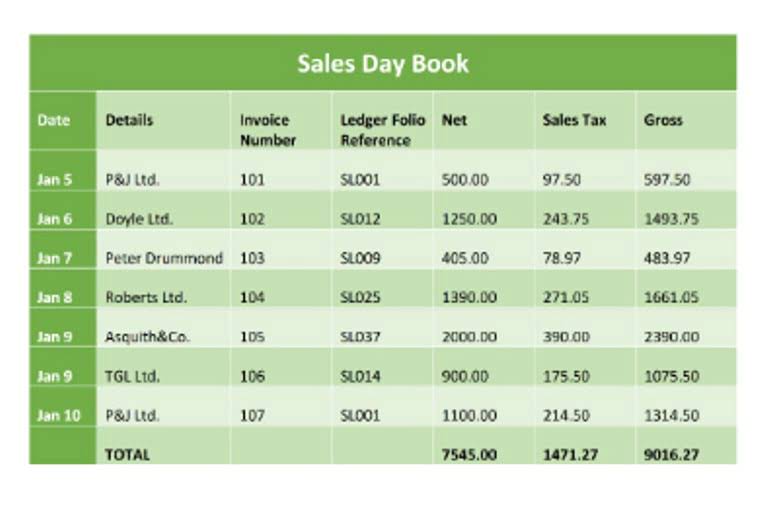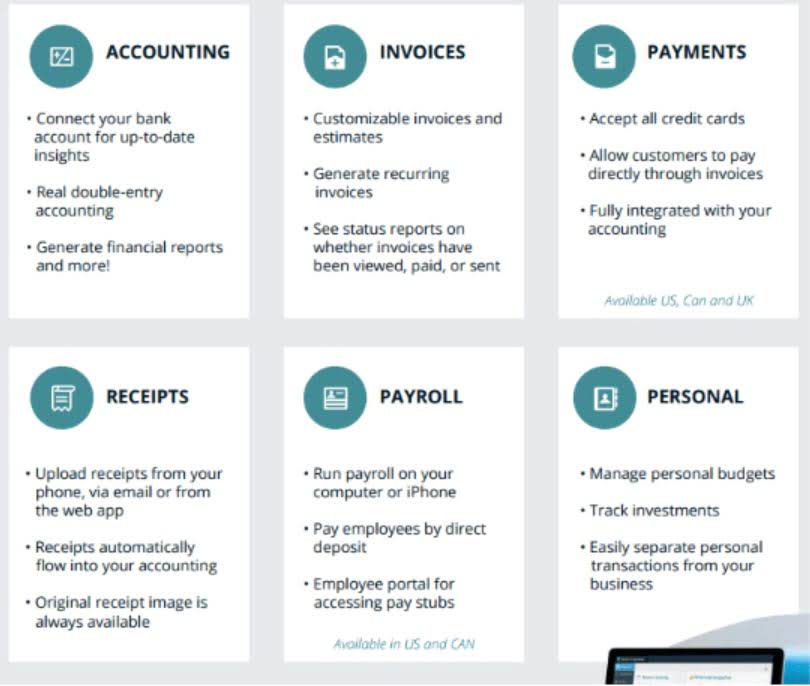
If someone makes a legal claim against a sole proprietorship, they can potentially go after both business assets and the owner’s personal assets. Sole proprietors report their income to the Internal Revenue Service (IRS) by filling out a Schedule C and including it with their personal tax return (Form 1040). The Schedule C must show income and expenses, which means you need to keep good records and you need to understand what expenses can be claimed as tax deductions. For that reason, many sole proprietors use a tax professional but the filing process remains a lot simpler than it is for most other types of business.
Products

Because an LLC owner’s finances are not tied up in their business, an LLC has a lower liability risk than a sole proprietorship. Some states require every business to obtain a general license, while others only require local and federal licenses that apply to certain business activities. For instance, if you’re a cosmetologist or athletic trainer, you may need an operational license to provide specific services. Other licensing examples include zoning permits, health permits, and sole proprietorship near me seller’s permits.

How are sole proprietorships taxed?
- A solid rule of thumb is to save 25%-30% of your business income to cover federal and state taxes each quarter.
- In addition, you may eventually want to grow your business―having a business bank account can be an important factor if you want to take out a loan or set up a line of credit.
- Likewise, you can generally deduct any business loss from other personal income on your tax return.
- A sole proprietorship is the simplest and least expensive small business structure to establish.
- That said, being a sole proprietor comes with its own advantages to consider.
- We believe everyone should be able to make financial decisions with confidence.
- As a sole proprietor, you’re both employer and employee so you pay both halves, which is referred to as self-employment tax.
To start a sole proprietorship, simply begin operating your business. However, it’s important to check your local business regulations and obtain any necessary licenses or permits. The IRS doesn’t require sole proprietors to have an EIN unless they have employees or pay excise taxes. However, you will need an EIN if you hire employees and you may be asked to provide one to open a business bank account. A sole proprietorship is a single-owner business that hasn’t been formed into a separate legal entity. It’s important to weigh the pros and cons so you can make an informed decision about which business structure is right for you.
How much money do you need to start a sole proprietorship?
- Unlike a lot of our competition, we make sure all pricing is clearly displayed upfront and pricing includes itemized details.
- With a sole proprietorship, the business and its owner are one and the same.
- A sole proprietorship is a “pass-through” entity, which means the income from your business “pass through” to you and is taxed on the personal level.
- We’ll ensure your DBA name complies with state or county regulations and register it with the correct state or county government agency.
- Make sure that no other business has your name by doing a search within your jurisdiction.
A sole proprietor is someone who owns a business independently and hasn’t registered it as another type of business entity. Many sole What is bookkeeping proprietorships never register with the state, but it is recommended to file a DBA if you are using a name other than your own legal name. Sole proprietorships do not have multiple owners, and they are not registered as LLCs or corporations.
Business

SimplifyLLC’s mission is to help you set up an LLC, educate you about the business essentials and provide ideas for your ventures. Instead, you can only take an owner’s draw and pay self-employment taxes on that sum. As a sole proprietor, when the time comes to hire help, you have several options. At the very least, you can consider property and liability coverage, medical coverage, and disability coverage.

A housekeeping business is likely to outgrow a sole proprietorship. Accounting for Marketing Agencies When you hire employees or start to bring in a significant amount of revenue, then you’ll likely want to register an LLC. They usually work alone and can easily hire independent contractors if they need work done outside their expertise.
- For tax purposes, you’ll need to check with an accountant to understand which structure will be most beneficial for your new business.
- While it generally costs money to create a legal entity like a company or corporation, there are no such costs involved with being a sole proprietor.
- One of the most common and straightforward ways of starting a business is to establish a sole proprietorship.
- Alternatives to a sole proprietorship include incorporating into an S corporation or a C corporation or forming a limited liability company (LLC).
- Each type of sole proprietorship has unique characteristics and responsibilities, catering to different preferences and business models.
Sole proprietorship taxes
Depending on the business’s location, the fictitious name must be filed with the state or the county clerk. While it generally costs money to create a legal entity like a company or corporation, there are no such costs involved with being a sole proprietor. Still, there are certain compliance and tax procedures you need to follow. Sole proprietorships are not legally required to have a business bank account, unless they have a DBA (Doing Business As) or “fictitious business name”.

Recent Comments